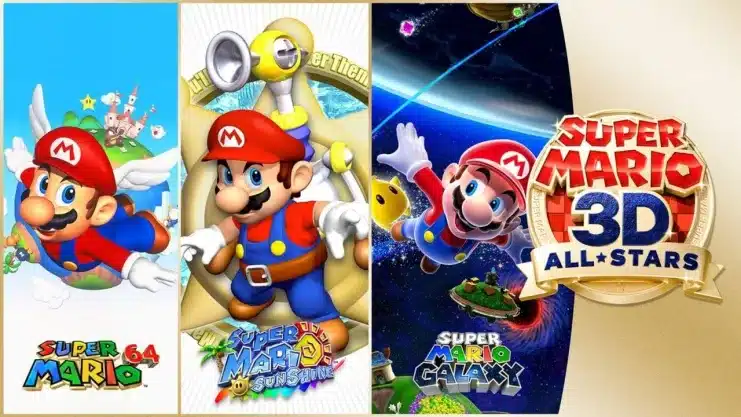
FOMO Gaming responsible for creating economic and health problems for video gamers
Gaming FOMO The moment you watch a video game event, your eyes light up as you see the latest video games. There you are, delighted, grinning from ear to ear. But what if I told you that you can’t play all the games you want so much? That’s where the drama begins! That sudden euphoria turns into a wave of despair. Do you feel compelled to play every new game release, because, really, how can you give your opinion on the gaming world if you haven’t tried them all? It is the harsh reality of the world that values living more than knowing!
It gradually turns into a tragedy. The money isn’t enough to buy the latest game you’re crazy about, and the company has announced a limited edition, exclusive cosmetics for you to grab and buy, but this offer is only available for a limited time. Suddenly, a crippling anxiety grips you as you feel like you’re not in the gaming community you so desperately belong to. You feel like you can’t give your opinion, and there, at that exact moment, FOMO Gaming completely takes over you!
This story, which many gamers can relate to, is a familiar manifestation of FOMO, an acronym for “fear of missing out.” This psychological pathology is rampant due to the information overload in our society. In the field of video games, the fear of being “less gamer” than others shows itself as a necessity to play a title, which creates a sense of self-doubt and isolation.
The human need for belonging and connection plays an important role in this stress. But be careful! When this frustration becomes obsessive, its negative impact increases. Many young people waste their parents’ money on micropayments to match the ranks of other players, or suffer from mental health problems because they feel alienated from the gaming community, believing that playing more will make them “real” gamers.
FOMO affects not only personal life, but also the gaming experience. The constant stress to try all the titles leads to a cycle of “playing for the sake of playing”, simply to adhere to the norm. This situation is like the last straw: even if you are not satisfied with the game, you play in fear of the judgement.
The problem is exacerbated by video game companies’ marketing tactics, using words like “limited” or “exclusive” to create a sense of urgency. This makes players feel more vulnerable to FOMO if they don’t buy all the content, with Fortnite being a good example with its temporary cosmetics or companies like Nintendo with temporary releases like Super Mario 3D All-Stars. You used it to buy time, each time it became more obvious that you couldn’t play the set.

Video game journalism is not immune to this phenomenon either. The need to always be up-to-date can make game journalists feel frustrated and stressed, trying to cover the entire industry horizon in order to stay relevant and develop their profession.
It is very important to state that Gaming FOMO is incurable if the result is to play everything, because this is impossible. The saturation in the video game market is excessive, there is no physical time for the player to enjoy the variety. The best way to get rid of this illusion is to understand that the player who tastes the essence of a video game is worth more than his weight in gold. We rush to start and finish filling our gallery with the aim of satisfying the attention span of the gamer meaning and we forget about the expensive journey of playing video games.